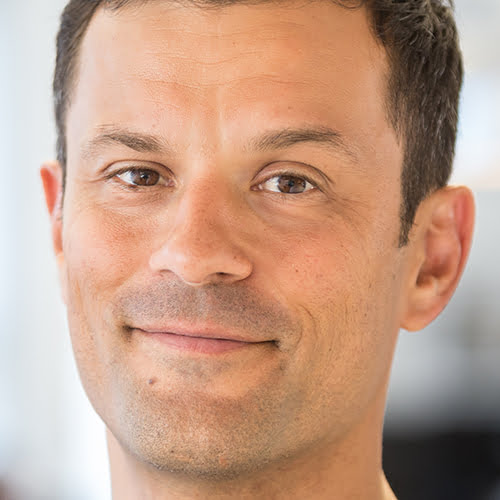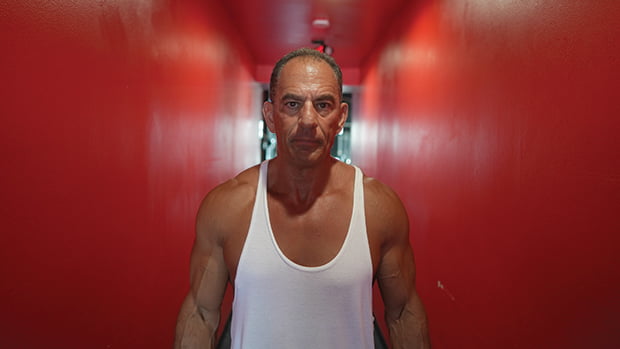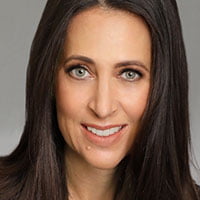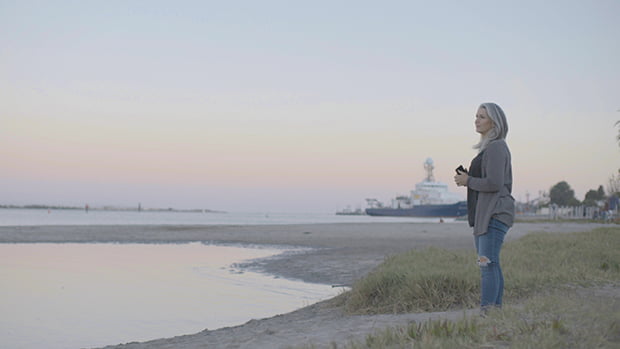Unbelievable but true: the rise of stranger-than-fiction docs
With the long-anticipated US writers’ strike likely to lead to a clamour for more stranger-than-fiction documentaries, what makes a good one and how can the genre avoid becoming exploitative as it proliferates?

Netflix’s The Tinder Swindler follows the hunt for a con artist
The Netflix shows that have created the most buzz of late have frequently not been in big-budget original scripted, but an unscripted genre you could lazily group together as ‘stranger than fiction.’ Think about the streamer’s shows you’ve gossiped about with your friends – has it been scripted, or was it Don’t F**k With Cats, The Tinder Swindler or Tiger King?
This trend for limited series and feature docs telling true stories too unbelievable to be done as dramas is the latest turn of unscripted’s true crime wheel. Netflix took a serialised true crime format originally pioneered by Canal+ with The Staircase and reinvigorated it with 2015’s Making a Murderer at a time when US cablenets like Warner Bros Discovery’s ID were bucking falling ratings and subscriptions with racked-and-stacked, self-contained, one-hour true crime shows.

Dimitri Doganis
More recently, Netflix has innovated again, taking true crime away from its staple investigations into stories of women murdered by men into the realm of extraordinary stories that don’t necessarily involve violence.
So many of the best examples of this type of show – including the aforementioned Don’t F**k With Cats and The Tinder Swindler, as well as Netflix’s latest offering MH370: The Plane That Disappeared – have emerged from London-based prodco Raw TV, which makes the company’s founder and MD Dimitri Doganis a good person to ask for the recipe to stranger-than-fiction hits.
“We see a lot of different stories, and one of the things that is often lacking is enough twists and turns,” Doganis says. “The times we’ve got it wrong in development is where it’s an extraordinary thing but it’s one extraordinary thing. The first thing we look for is, ‘Is there enough happening here, does it go to enough places, is it surprising enough?’
“The worst thing about the job is when you think, ‘How are we going to end this if we don’t have a third act?’ There are ways you can manufacture that, but you have to think about it on the way in; you can’t think about that after it’s shot and in the edit and expect the outcome to be great. In The Imposter, we don’t solve the riddle, but we knew on the way that in it would have to be structured so it didn’t feel like a miss, it felt like a mystery.

Discovery+’s King of the Con centres on scammer Barry Minkow
“The story is only half the battle. Whose story is it is a much more powerful question to ask when developing it. Here’s a crazy thing that happened – a phenomenon, a con, a scheme, murder – but whose story is this? Defining that is what distinguishes the premium version of storytelling from the day-to-day, less extraordinary, less successful version.”
That voice was key to recent Discovery+ commission King of the Con, about career scammer Barry Minkow and the people he ripped off. The show was produced by California-based The Content Group, part of Asylum Entertainment Group.
“Something this one had which we look for is the voices – who’s going to tell this story?” says The Content Group MD Jodi Flynn. “If there isn’t enough archive, we can create that, but if you don’t have enough voices to tell the story, different points of view into it, then you can’t tell the story. That’s why it’s unscripted rather than scripted, having actual people to tell the story.”
Flynn says that as well as broadening out from murder stories, frequently the murder of women, the genre has also evolved from the crime having to be solved by the end of the episode, show or series. Breaklight Pictures, which also sits within the Asylum setup, previously produced Hillsong: A Megachurch Exposed for Discovery+, which had an open-ended conclusion and has since added further episodes as the story developed.

Jodi Flynn
“It’s interesting we’ve evolved into a place where everything doesn’t have to have a solid conclusion,” she notes. “It used to be very hard to get anything commissioned without an ending. We don’t have to have the ending anymore because we’re looking for interesting stories. There has to be a satisfaction at the end that you’ve heard a complete story, but the story might not be over. There’s an ability to tell a story in a different way.”
Ari Mark, co-founder of US indie Ample Entertainment, concurs. His company recently produced three-part HBO doc The Invisible Pilot, about a small-town crop duster who ended up in a drug-running operation that went right to the top of the Ronald Reagan administration.
“Not to take anything away from the true crime genre in general, but there has been a tendency to make these stories very black and white; you have good guys and bad guys,” Mark says. “Part of what works about this and what we’re trying to do with our new shows coming up is to push it a little further into the grey area, let the heroes and villains blur a bit more. The Tinder Swindler hit a chord because we can all relate to the people and tech and the world, but there is also this blurring and questioning of who’s who.
“The Invisible Pilot is a bizarre story – is that enough? Often these things fall into an obscurity bucket because the story doesn’t collide with anything familiar. This one eventually collides with Reagan’s presidency. If you didn’t have that then does it really matter, or is it just a guy in a small town doing something fucked up? We know the bar is super high for these stories.”

Breaklight Pictures has added episodes to Hillsong: A Megachurch Exposed
By their very nature, however, these stories are rare, so as the genre proliferates and more broadcasters and platforms look for their own versions, how do you avoid it becoming exploitative? Netflix’s Crime Scene: The Vanishing at the Cecil Hotel was widely panned by critics, viewers and industry insiders for attempting to turn the death of a girl suffering a mental health crisis into another four-part cross between internet sleuthing and a classic haunted-house narrative.
“Just be a human being. Don’t be a dick. It’s not worth it,” Doganis says. “If you ever find yourself thinking, ‘Oh well this is just what you have to do’ then you’re on the wrong path. Always think about the fact this will be seen by the people intimately connected with the story. If you know you’re going to have to sit with the family and the people involved before this goes out then that keeps you honest. You’re going to have to look them in the eye and explain your choices.
“It’s also just a much nicer process. These films are very difficult to make and very stressful. In the development and production and release of things, a lot of uncomfortable stuff comes out. It’s a way nicer process if you feel good about yourselves. We did Three Identical Strangers with triplets who’d been separated at birth. With those guys, it took three years to convince them to come on board with us. They’d been so scarred and bitten by media before that they were sceptical and reluctant. Going through the process with them, keeping our word, being sincere, was brilliant and an enjoyable experience for us and for them. Now if we’re trying to persuade somebody to go with us, we can just say, ‘Call those guys, those guys or those guys and they’ll tell you how we work.’”

Ample Entertainment’s HBO doc The Invisible Pilot
With writers on strike in the US, there is a feeling 2023 could be a huge year for unscripted, which will still be produced, at lower budgets and with quicker lead times. With stranger than fiction boasting narratives that could easily be drama plots, could this be a sweet spot like reality proved to be during the 2007 walkout? And will factual producers find themselves facing a lot of drama producers moving onto their patch?
Flynn is sceptical. “I don’t know if moving across from drama to unscripted is as easy as some people think,” she says. “It’s a very different world with different schedules, budgets and sensibilities. We’re often successful in downturns for the nature of what we do and how we work, but it’s more difficult than a lot of people think.”








































